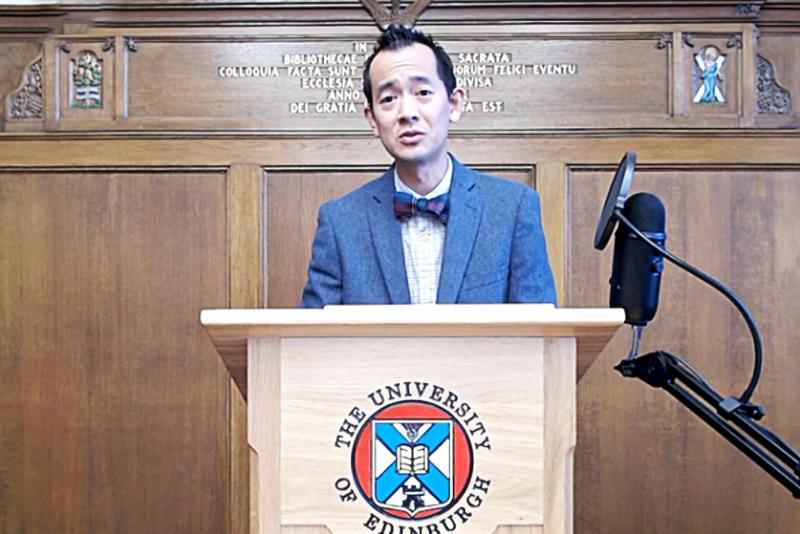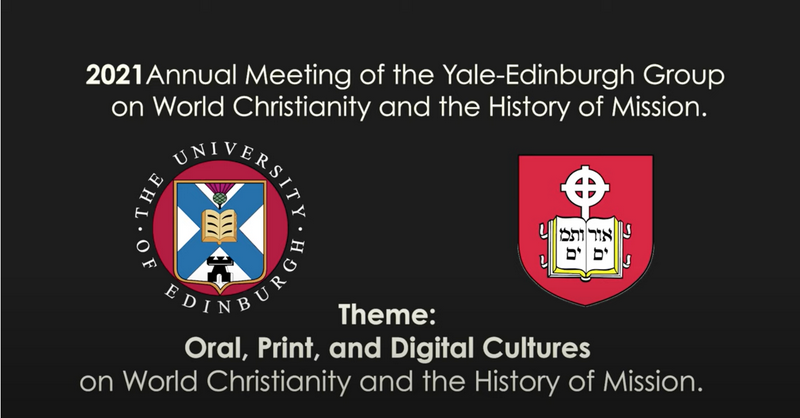The annual meeting of the Yale-Edinburgh Group on World Christianity and the History of Mission kicked off virtually on Tuesday, from New College, University of Edinburgh.
Founded in 1992 by Andrew Walls of the University of Edinburgh and Lamin Sanneh of Yale University, the Yale-Edinburgh Group consists of scholars aiming to “facilitate discussion and exchange of information about the development of world Christianity and historical aspects of mission, with special emphasis on the sources for documentation,” according to Yale Divinity School.
With the theme “Oral, Print, and Digital Cultures in World Christianity and the History of Mission”, the three-day meeting explores “how these three media are shaped and are themselves transformed through Christian application, appropriation, and contemplation, be it through liturgy and worship, spiritual formation and pastoral care, evangelism and mission, or academic research and pedagogy.”
Dr. Alexander Chow, co-director of the Centre for the Study of World Christianity, co-editor of the journal Studies in World Christianity (Edinburgh University Press), and editor of the Chinese Christianities book series, gave an opening keynote lecture titled “What Does Jerusalem Have to Do With the Internet?”
Parallel presentations regarding oral, print, and digital cultures and missions in different countries followed on the first day, including lectures on “Christian musical literature for Chinese Women in Republican Era” and “British Quaker and the NCC China.”
The same procedure will go on for the remaining two days, covering topics such as early career writing, Christian television, Christian music videos, Christian publishing, music and mission in Africa, social media, digital theology in the post-COVID-19 world, Protestant print culture in twentieth-century China, and Lutheran newsletters in Tanzania.
The host introduced, “Since the maiden conference in 1992 titled ‘From Christendom to World Christianity,’ the Group has boldly and impactfully engaged the difficult question of culture and its dynamic relationship with the Christian belief and lived experiences. We have addressed both the content and modes of cultural expressions and interpretations of the Christian faith with a view to empowering academic and missiological approaches that promote conceptual clarity in the complex field of World Christianity as well as innovative approaches to mission in today’s world.”













